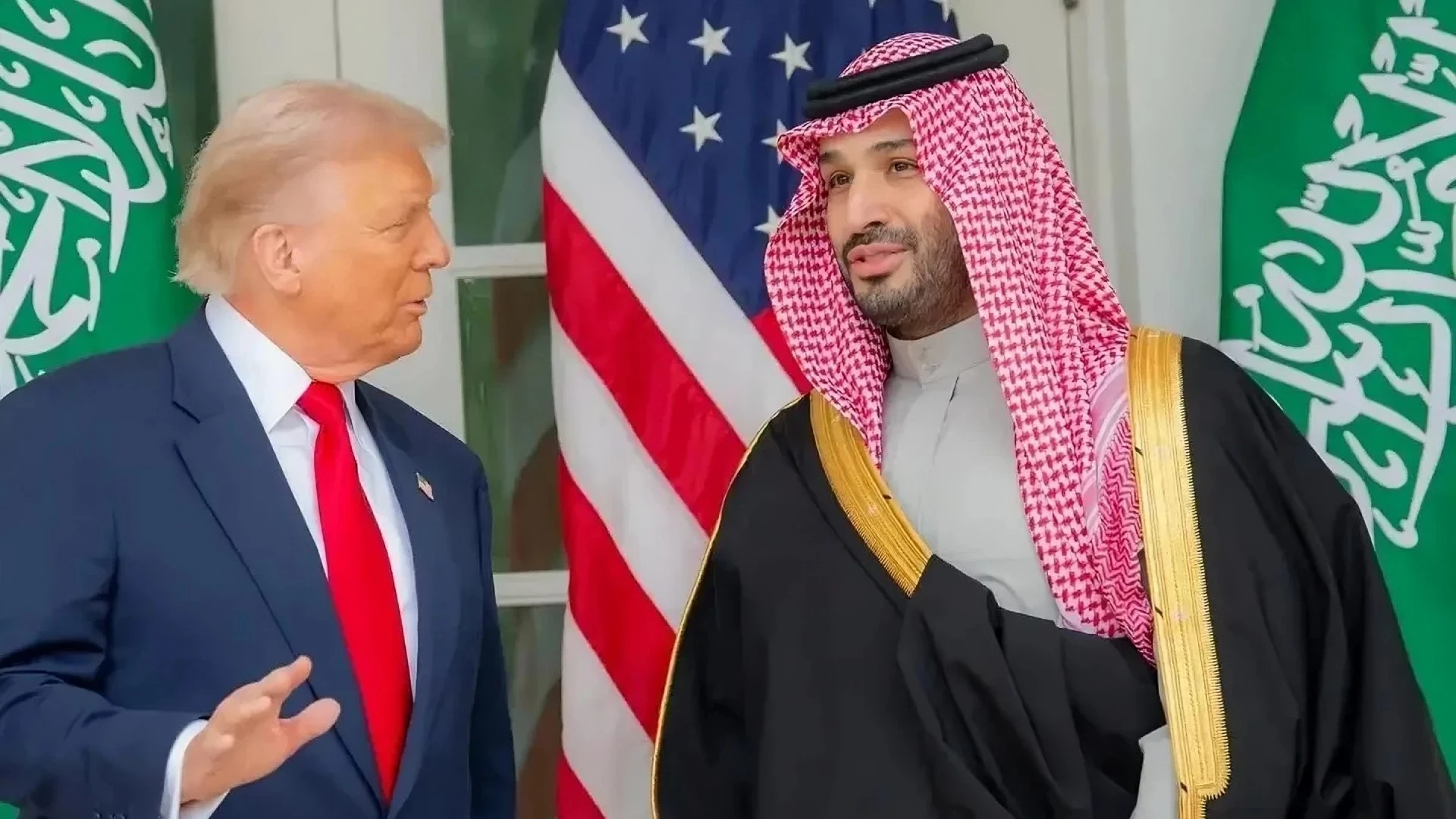In a world that feels increasingly isolating, the message from the Trump administration hits hard – they’re asking immigrants to self-deport, almost as if their presence is a burden. The promises of money ring hollow when faced with the reality of uprooting lives that hold stories of struggle and hope. For many, the thought of leaving is not just painful; it’s a reminder of the dreams that might never be realized.
When we feel the weight of such decisions, let’s not forget we’re not alone. Reach out, connect with others who understand your pain. Share your story and find solace in community.
Perhaps we can remind each other that every voice matters, and every life counts.
https://www.wired.com/story/trump-administration-wants-immigrants-to-self-deport/
#ImmigrantVoices #Heartbreak #FindingCommunity #HopeInStruggle #StandTogether
When we feel the weight of such decisions, let’s not forget we’re not alone. Reach out, connect with others who understand your pain. Share your story and find solace in community.
Perhaps we can remind each other that every voice matters, and every life counts.
https://www.wired.com/story/trump-administration-wants-immigrants-to-self-deport/
#ImmigrantVoices #Heartbreak #FindingCommunity #HopeInStruggle #StandTogether
In a world that feels increasingly isolating, the message from the Trump administration hits hard – they’re asking immigrants to self-deport, almost as if their presence is a burden. 💔 The promises of money ring hollow when faced with the reality of uprooting lives that hold stories of struggle and hope. For many, the thought of leaving is not just painful; it’s a reminder of the dreams that might never be realized.
When we feel the weight of such decisions, let’s not forget we’re not alone. Reach out, connect with others who understand your pain. Share your story and find solace in community.
Perhaps we can remind each other that every voice matters, and every life counts. 🌧️
https://www.wired.com/story/trump-administration-wants-immigrants-to-self-deport/
#ImmigrantVoices #Heartbreak #FindingCommunity #HopeInStruggle #StandTogether
0 التعليقات
·0 المشاركات







